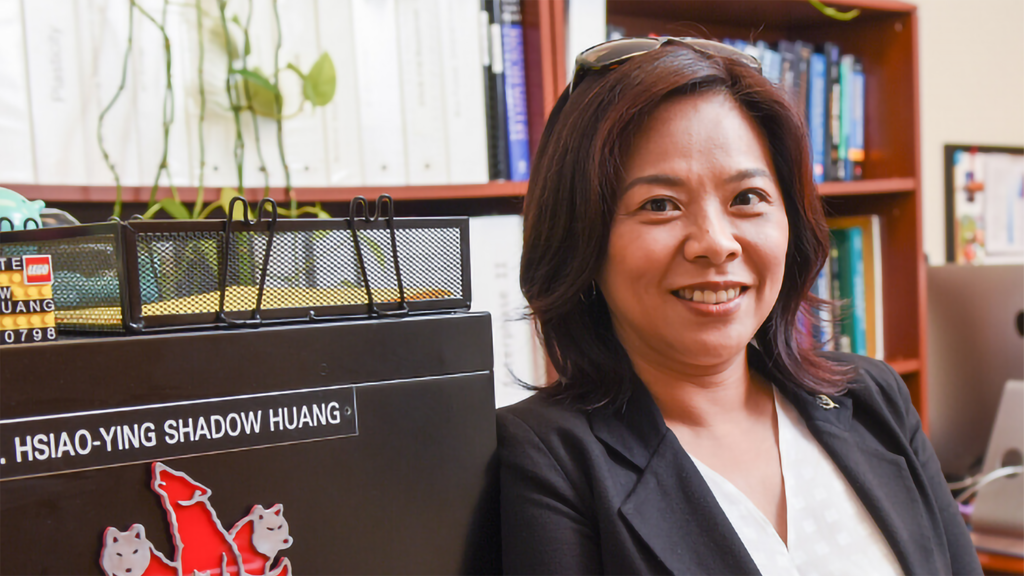2020 Celebration of Faculty Excellence Biographies
Alexander Quarles Holladay Medal for Excellence
Mohamed Bourham
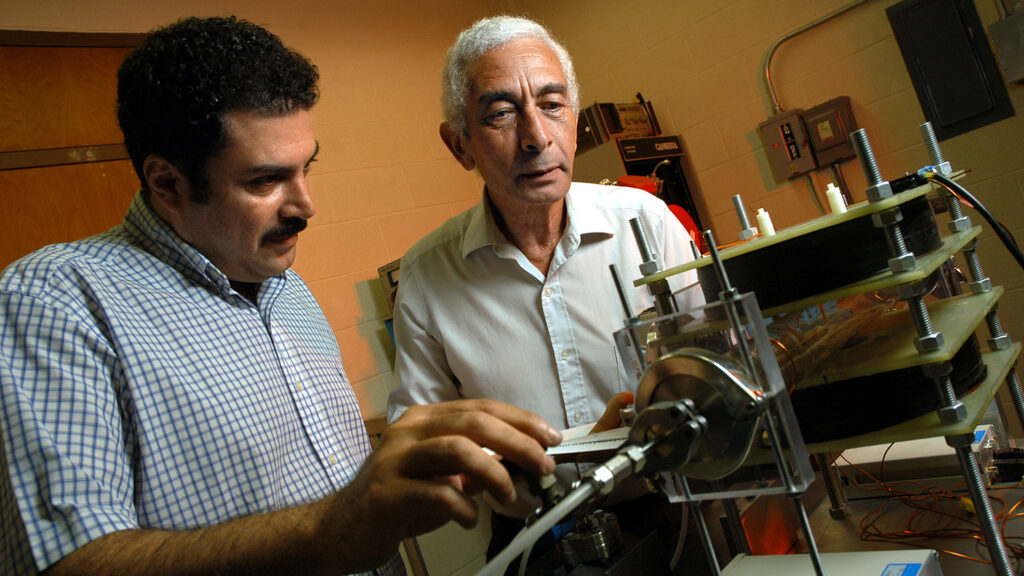
Dr. Bourham, an Alumni Distinguished Graduate Professor in the Department of Nuclear Engineering, earned his Ph.D. in electrical engineering plasma science from Ain Shams University in Egypt. Bourham’s research focuses on high heat flux irradiation of materials, radiation attenuation in structure materials, shielding in concretes, particle-matter interaction, diagnostics and control. He is an Alexander Quarles Holladay Medal for Excellence recipient in recognition of his extensive research in plasma science nuclear engineering, including innovations in materials for waste packages with multi-layered barriers and corrosion resistance. A prolific scholar, he has close to 200 peer-reviewed articles, 190 research abstracts and presentations, 20 workshops, 31 technical reports, 12 educational papers and presentations, and 15 invention disclosures. He employs state-of-the-art teaching techniques at the undergraduate and graduate levels, and has provided extensive service to the department, college, university and professional societies. Among his numerous awards and honors, Bourham is the 2019 recipient of the NC State Outstanding Teacher Award, a member of the university’s Academy of Outstanding Teachers, recipient of the Scientific Research Society Sigma Xi Outstanding Service Award (2014), Alumni Distinguished Graduate Professor (named and awarded in 2004), and is the recipient of the College of Engineering’s George H. Blessis Outstanding Undergraduate Adviser Award (2003).
Victoria Gallagher
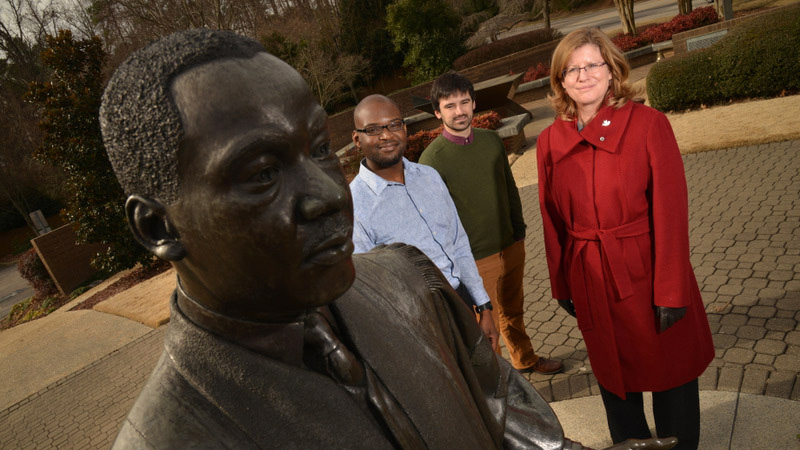
Dr. Gallagher, a professor in the Department of Communication, earned her Ph.D. in communication studies from Northwestern University. Her primary areas of expertise include communication, public memory, visual rhetoric, urban change and regeneration, with particular attention to the civil rights movement. Gallagher’s secondary research interests are in situated learning and embodiment, digital communication, community engagement and communication ethics. She has brought her high-quality research to bear on multiple issues of great societal import. This is best exemplified in her award-winning Virtual Martin Luther King (vMLK) project, an immersive experience that places audience members in a digitally created multimedia representation of Martin Luther King’s “A Creative Protest” speech. This impactful project is one of the many reasons she was selected as an Alexander Quarles Holladay Medal for Excellence recipient. Gallagher is also the recipient of the Harlin Joel Gradin Award for Excellence in Public Humanities, Robert M. Entman Award for Excellence in Communication Research, NC State Libraries Faculty Award, University Outstanding Teacher Award, and was inducted into the NC State Academy of Outstanding Teachers and Phi Beta Kappa.
Wayne Place
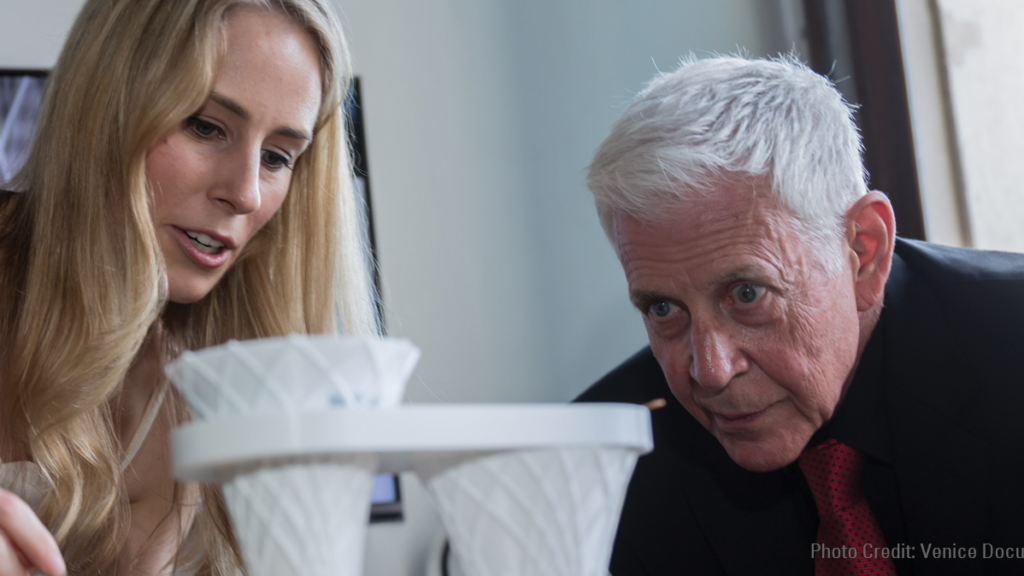
Dr. Place, a professor in the Department of Architecture, earned his Ph.D. in physics from University of North Carolina at Chapel Hill. He conducts research on the use of natural light to illuminate the interiors of buildings in order to both enhance quality of life for building occupants and to reduce building energy consumption. Place is an Alexander Quarles Holladay Medal for Excellence recipient in recognition of his sizable research, as well as his impact as a teacher, mentor and leader. During his time at NC State, Place has taught courses in architectural structures, airport design, tall-building design and offered a variety of Ph.D. level research courses. His students have won many international awards. Among other achievements, he helped to create the Ph.D. in Design program and served as interim director. He has personally been involved in the design of 30 buildings. Dr. Place has received numerous NC State awards including the university’s Alumni Association Outstanding Research Award in 2017, inductee of the Research Leadership Academy in 2017, College of Design Outstanding Advisor Award in 2009, Alumni Association Distinguished Undergraduate Professor in 2000, member of the Academy of Outstanding Faculty Engaged in Extension in 2000, Outstanding Teacher Award in 1996 and the Outstanding Extension Service Award in 1993.
Board of Governors Award for Excellence in Teaching
Hollylynne Lee
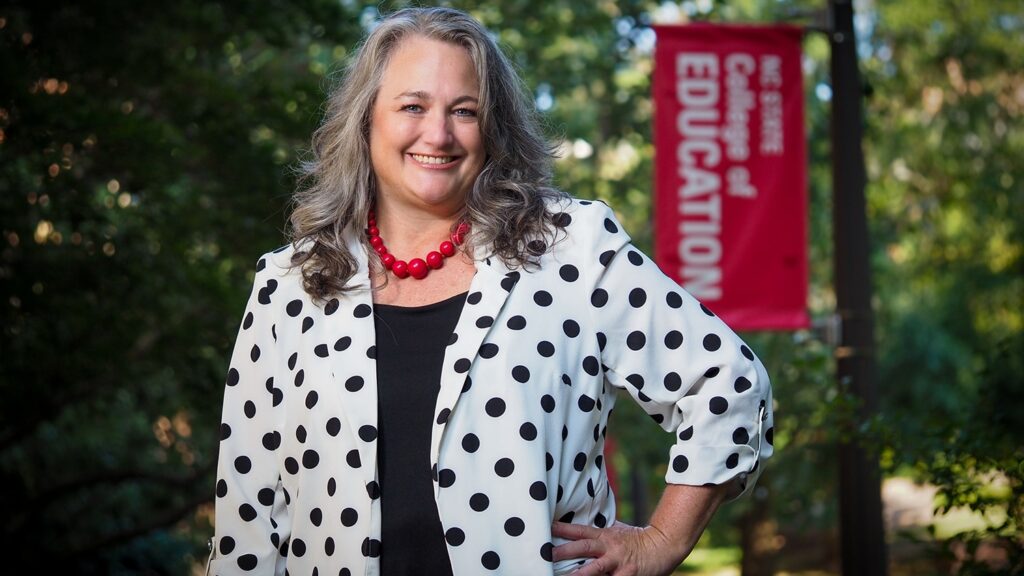
Dr. Lee, a professor in the Department of Science, Technology, Engineering and Mathematics Education, earned her Ph.D. in mathematics education from the University of Virginia. The 2020 Board of Governor’s Award for Excellence in Teaching recipient, Lee approaches teaching and research as an educational designer. She teaches undergraduate and graduate courses in mathematics and statistics education, and has led efforts in online teaching within her department. She is a co-author of a teacher education curricula used at over 250 universities, and has designed and taught three MOOCs attracting 7,400+ educators from 94 countries. Lee’s work in mathematics and statistics education bridges theory, technology and curriculum design, empirical research and educational practices. She currently has five active research projects, and is director of the Hub for Innovation and Research in Statistics Education at the Friday Institute. Lee’s previous accolades include receiving the National Technology Leadership Initiative Fellowship for Mathematics Education in 2002 and 2012, University Faculty Scholar in 2013, the Outstanding Teacher and Alumnae Association Outstanding Teacher Award in 2014, RTI University Faculty Scholar in 2018-19, Fellow of the International Society for Design and Development in Education in 2019 and Fellow of the American Statistical Association in 2020.
American Academy of Arts and Sciences
Walt Wolfram
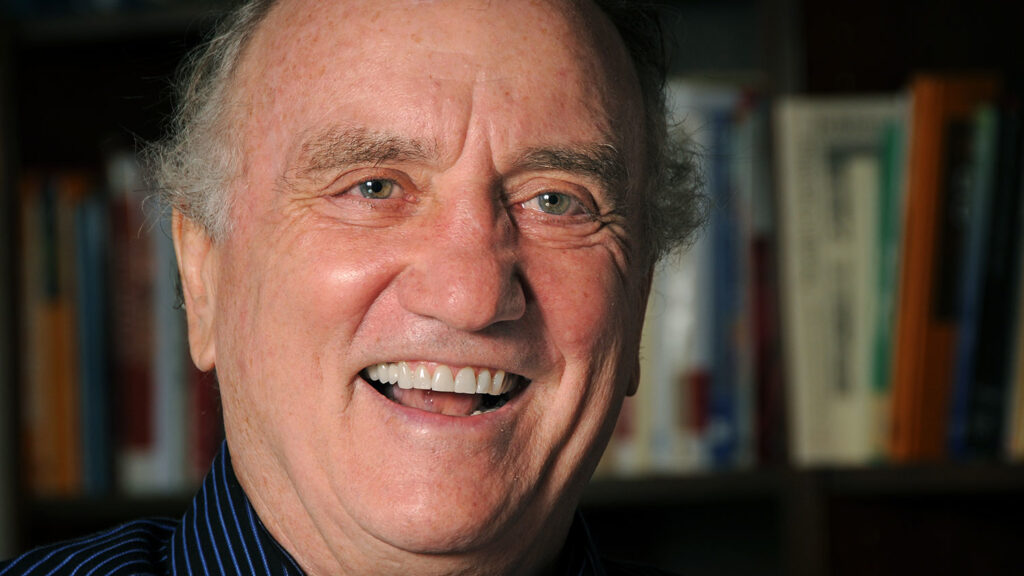
Dr. Wolfram, the William C. Friday Distinguished University Professor in the Department of English, received his Ph.D. in linguistics from the Hartford Seminary Foundation. In 2019, Wolfram was inducted into the American Academy of Arts and Sciences; he is the first inductee from the College of Humanities and Social Sciences. This highly-prestigious recognition is a testament to Wolfram’s immeasurable influence on the study of ethnic and social dialects in the United States. The range of research and outreach programs he has implemented, include television documentaries, museum exhibits, and informal and formal educational programs. These programs and materials have transformed both language attitudes and policies in North Carolina and beyond. His most recent film, Talking Black in America, received an Emmy in the category of “Cultural Documentary” in 2020, and Wolfram was listed 7th in Gun and Garden’s list of “30 Southern Heroes.” Wolfram has published 23 books and more than 300 articles on social, regional, and ethnic varieties of English over the past half century. He has received numerous awards, including the North Carolina Award (the highest award given to a citizen of North Carolina), Caldwell Humanities Laureate from the NC Humanities Council, and the Board of Governor’s Holshouser Award for Excellence in Public Service. Wolfram has served as president of both the Linguistic Society of America and the American Dialect Society.
American Association for the Advancement of Science Fellow
Carol Hall
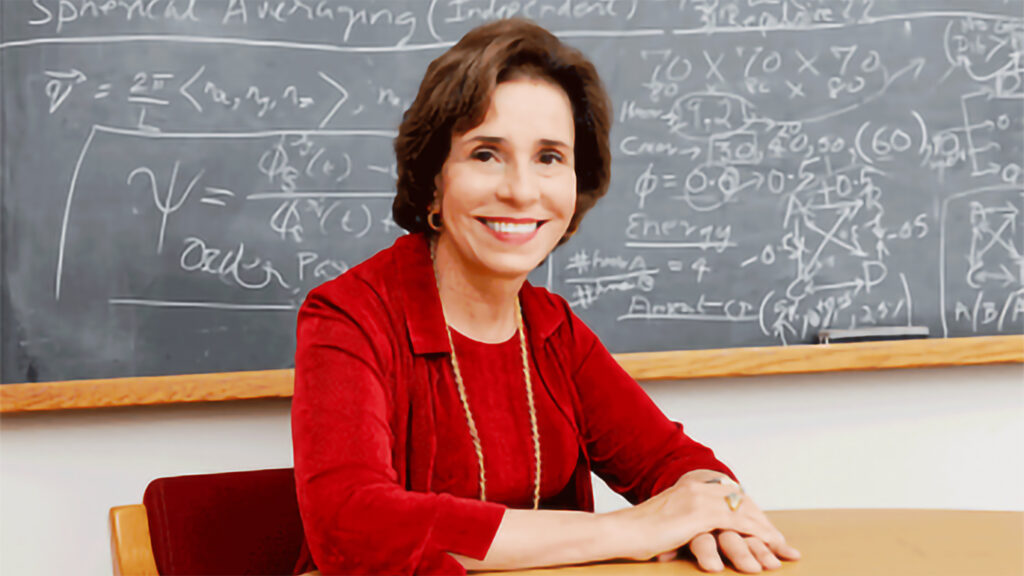
Dr. Hall, the Camille Dreyfus Distinguished University Professor in the Department of Chemical and Biomolecular Engineering, earned her Ph.D. in physics from Stony Brook University. Hall was elected Fellow of the American Association for the Advancement of Science (AAAS) for her distinguished contributions to the field of thermodynamics using statistical methods and computer simulation methods to solve engineering problems involving macromolecules and complex fluids. Hall’s research is driven by her fascination with molecules of interesting architectures and energetics, and by her desire to understand how these molecular features combine to yield complex mesoscopic or macroscopic features. Her primary tools in this effort are statistical thermodynamics, which allows estimation of thermophysical properties from knowledge of intermolecular forces, and computer simulation, which permits the visualization of systems on a molecular level. These novel techniques are used to model the self-assembly of soft materials including colloids, gels, lipids, and surfactants, as well as proteins whose aggregation is implicated in Alzheimer’s and other neurodegenerative diseases. In addition to her selection as AAAS Fellow, Hall is a member of the National Academy of Engineering, as well as a Fellow of American Institute of Chemical Engineers and the American Physical Society.
Jacqueline Krim
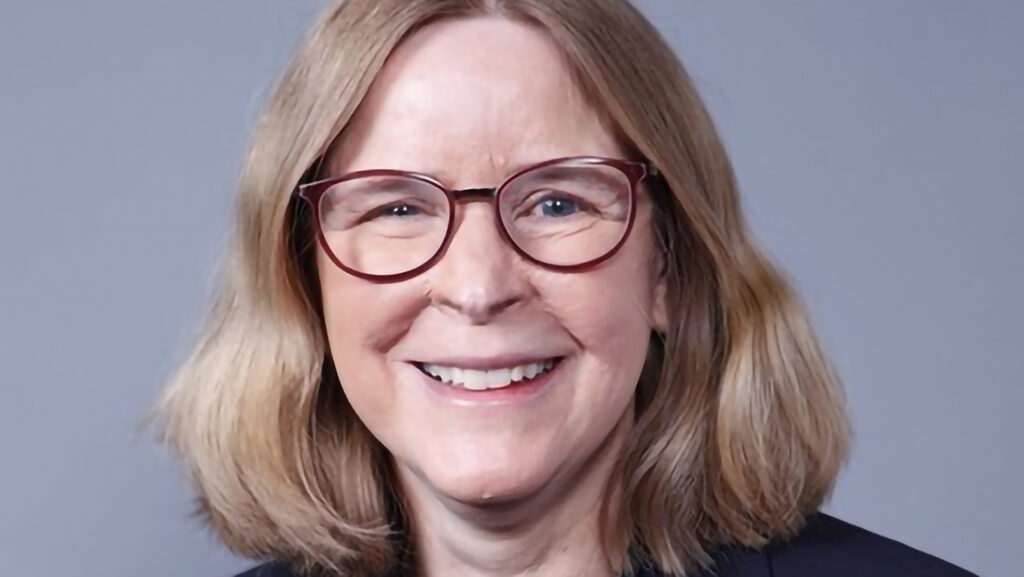
Dr. Krim, a Distinguished University Professor in the Department of Physics, received her Ph.D. in physics from the University of Washington, Seattle. Krim was elected Fellow of the American Association for the Advancement of Science (AAAS) for her distinguished contributions to the understanding of atomic-scale friction, wetting and surface roughening and for exemplary efforts in scientific outreach and diversity. In particular, her research has pioneered and perfected the use of quartz crystal oscillators as sensitive probes of friction effects. She is famous for distinguishing electronic and phononic contributions to friction. She is also well known for her excellence in outreach to both scientific and nonscientific audiences. In 2015, Krim was recognized by the American Physical Society with the David Adler Lectureship. This is an annual award for research excellence in materials physics and takes into consideration performance in creating subject matter and delivery of lectures. This honor places her among the most accomplished and recognized condensed matter physicists working in the three decades since its creation. She is also a Fellow of three scientific societies in addition to AAAS, American Physical Society, American Vacuum Society and Society of Tribologists and Lubrication Engineers.
Fulbright Scholar Award
Carla Barbieri
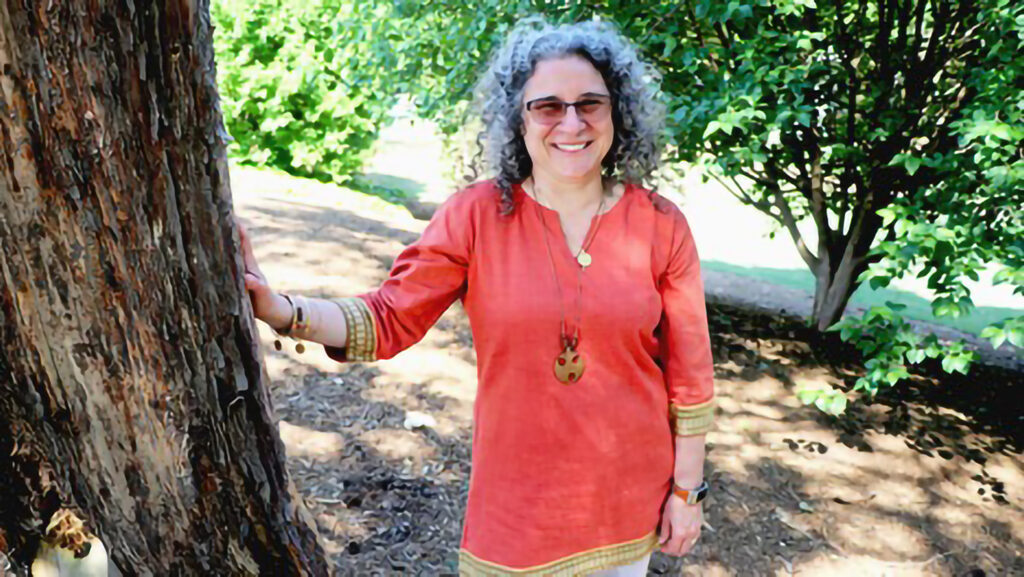
Dr. Barbieri, a professor in the Department of Parks, Recreation and Tourism Management, earned her Ph.D. in parks, recreation, and tourism management from Michigan State University. Barbieri was named a Fulbright U.S. Scholar for 2019-2020. The purpose of Barbieri’s Fulbright grant was to exchange expertise related to community-based tourism with faculty at the University of Alicante in Spain. The program had two main goals. First, to exchange pedagogical techniques to stimulate students’ critical thinking. Second, to set the foundations for an interdisciplinary research program focusing on sustainable tourism development. Barbieri’s research investigates the sustainability of agritourism, which occurs when farmers offer recreational and educational activities to visitors. Her studies identify ways to enhance farmers’ quality of life and rural well-being, while increasing the educational and recreational gains for visitors. Barbieri has received several research, extension and teaching awards throughout her career. In 2017, the International Academy for the Study of Tourism recognized her with the Emerging Scholar Award for her contributions to the study of tourism. The impact of Barbieri’s extension work has, likewise, been recognized with the Outstanding Program Team Award by the NC Association of Cooperative Extension in 2019 and the National Diversity Team Award by the National Association of Community Development Extension Professionals in 2018.
David Dorman

Dr. Dorman, a professor in the Department of Molecular Biomedical Sciences, earned his Ph.D. in toxicology from the University of Illinois, Urbana Champaign. Dorman was awarded a Fulbright-Saastamoinen Foundation Grant in Health and Environmental Sciences and Public Health. This grant allowed him to conduct research for his project, “Systematic Review in Toxicology and Its Impact on Chemical Risk Assessment” at the University of Eastern Finland-Kuopio. Beyond this latest award, Dorman has received numerous honors for his work on neurotoxicology, nasal toxicology, pharmacokinetics, and cognition and olfaction in animals. He was elected Fellow of the Academy of Toxicological Sciences and Fellow of the American Association for the Advancement of Sciences. He serves as the National Associate for the U.S. National Academies, as well as a Diplomate of both the American Board of Veterinary Toxicology and the American Board of Toxicology. In addition, he received an Achievement Award from the Society of Toxicology and was previously a Fulbright Specialist at the University of Adelaide.
Maria Oliver-Hoyo
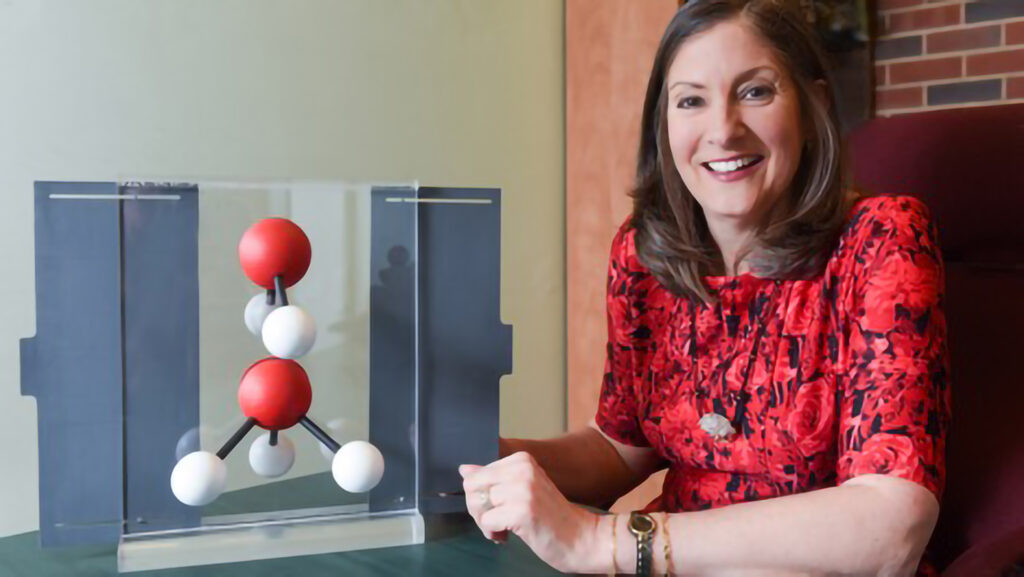
Dr. Oliver-Hoyo is a professor in the Department of Chemistry and Associate Dean for Academic Affairs in the College of Sciences. She earned her Ph.D. in chemistry from Drexel University. Her research explores the visualization of chemical phenomena from a variety of angles including the promotion of spatial-perceptual skills, pedagogies to build knowledge integration, representational competency and the use of manipulatives/models to facilitate conceptual understanding. In 2019, Oliver-Hoyo was named a Fulbright U.S. Scholar. Her grant to Uruguay aimed to catalyze chemistry instructors’ proficiency using progressive pedagogies and effective professional development. Specifically, her project focused on training a critical mass of science instructors at institutes across Uruguay by modeling a curriculum that purposefully integrates content and pedagogy. Oliver-Hoyo has served on the Board of Publications for the Journal of Chemical Education and the American Chemical Society (ACS) since 2016. She is also the ACS Elected Chair for 2021-2024. Her prior awards include the 2017 Board of Governors Award for Excellence in Teaching and a National Science Foundation Faculty Early Career Development Award in 2004.
Margareta Thomson
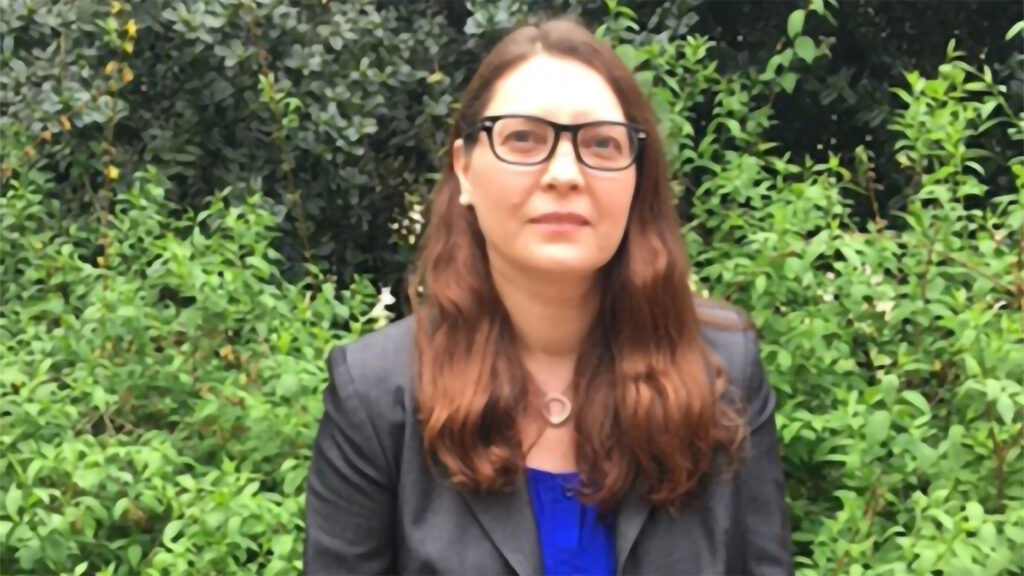
Dr. Thomson, professor in the Department of Teacher Education and Learning Sciences, earned her Ph.D. in educational psychology and learning systems from Florida State University. Her professional experience includes teaching at the K-12 and college level, both in the United States and Romania. She also worked in research for the Learning Systems Institute, and Center for Integrating Research and Learning at the National High Magnetic Field Laboratory in Tallahassee, Florida. A Fulbright U.S. Scholar recipient, Thomson worked to create science, technology, engineering and mathematics experiences for students in Romania. Her project “Fostering Academic Motivation and a STEM Growth Mindset in High-Poverty Schools through Authentic Research Experiences” provided economically disadvantaged sixth and seventh graders with opportunities to engage in a STEM mentorship program in their schools. Additionally, Thomson worked alongside K-12 educators in Romania to discover new ways to enhance non-formal education in the country while abroad. Thomson teaches undergraduate and graduate courses in educational psychology. In addition to teaching, she is involved in research exploring teachers’ motivations, expectations, values and classroom practices using primarily a mixed-methods approach. Her research particularly investigates teachers’ motivations and beliefs applied to STEM learning and professional development.
National Academy of Inventors
Rodolphe Barrangou
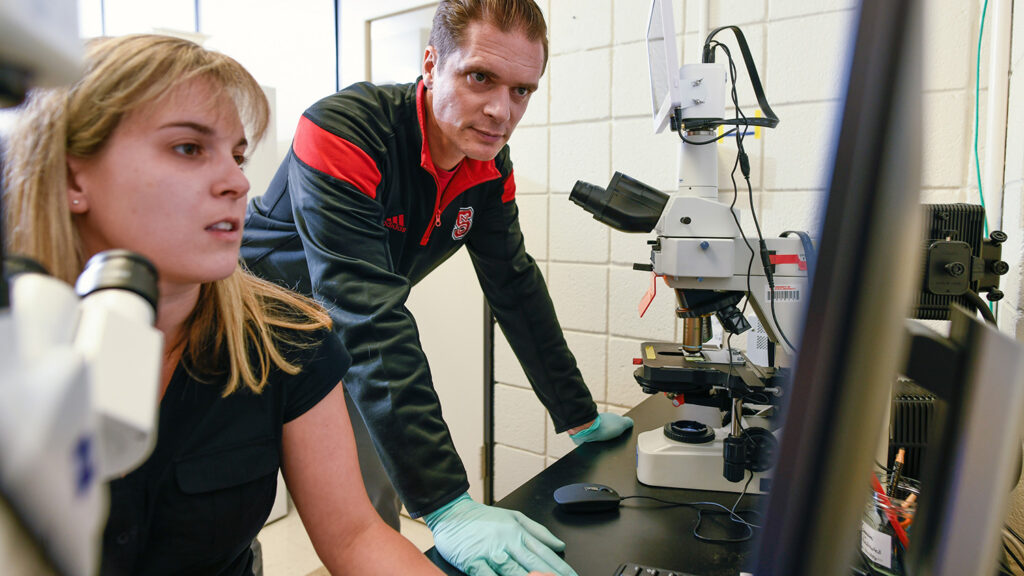
Dr. Barrangou, the Todd R. Klaenhammer Distinguished Professor in Probiotics Research in the Department of Food, Bioprocessing and Nutrition Sciences, earned his Ph.D. in genomics from NC State. He spent nine years at Danisco and DuPont before joining the NC State faculty in 2013. Barrangou has been elected to the National Academy of Inventors in recognition of his work on CRISPR and various uses of CRISPR-based technologies in food, agriculture and medicine. Barrangou is a pioneer in the discovery of CRISPR. His influential work has advanced research in the areas of genome editing, antimicrobial production, food fermentation, and plant and tree breeding. He is an inventor on over 50 CRISPR-related patents to date and has been involved in the licensing and commercialization of CRISPR-related IP to several partners and start-up companies. In addition, Barrangou is the recipient of the NC State Alumni Association Outstanding Research Award and is a University Faculty Scholar. Previous awards include the 2016 Canada Gairdner International Award, the 2016 Warren Alpert Foundation Prize, the 2017 National Academy of Sciences Award in Molecular Biology and the 2018 National Academy of Sciences Prize in Food and Agriculture Sciences.
Kenneth Swartzel
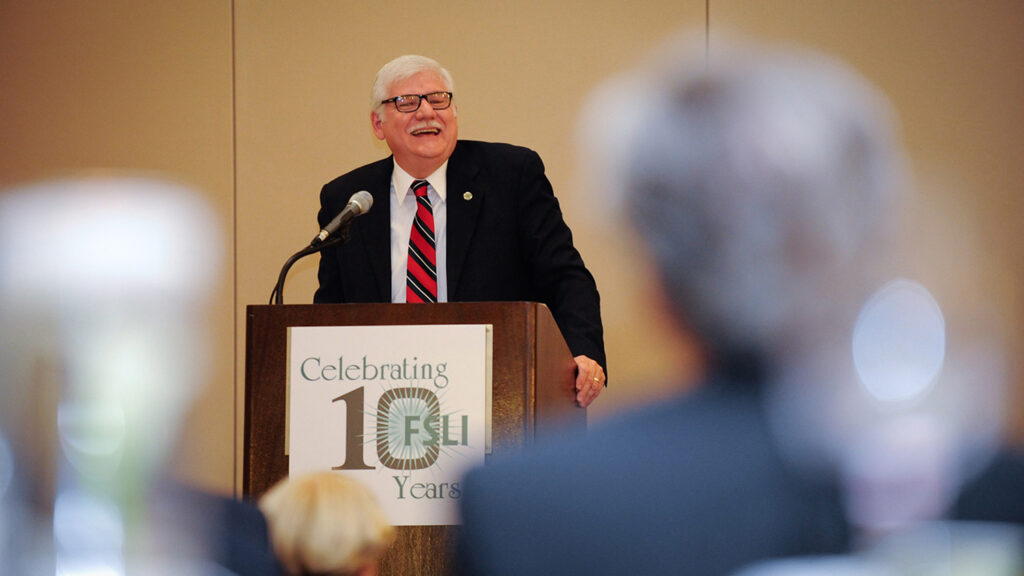
Dr. Swartzel, the William Neal Reynolds Distinguished Professor Emeritus of Food, Bioprocessing and Nutrition Sciences, earned his Ph.D. in biological and agricultural engineering from NC State. His research expertise is in reaction kinetics, heat transfer and fluid flow. Swartzel was elected to the National Academy of Inventors in recognition of his numerous inventions that have revolutionized the thermal treatment of foods and other biomaterials and had a substantial impact on public welfare. Swartzel’s 24 licensed patents have forever changed numerous food industries. His patents have transformed a number of food companies with North Carolina beginnings — with one company growing into a multinational corporation with over 5,000 employees. The royalties from Swartzel’s inventions to NC State have exceeded $22 million. In addition to the National Academy of Inventors, Swartzel is also a member of the National Academy of Engineering.
National Academy of Public Administration
RaJade Berry-James
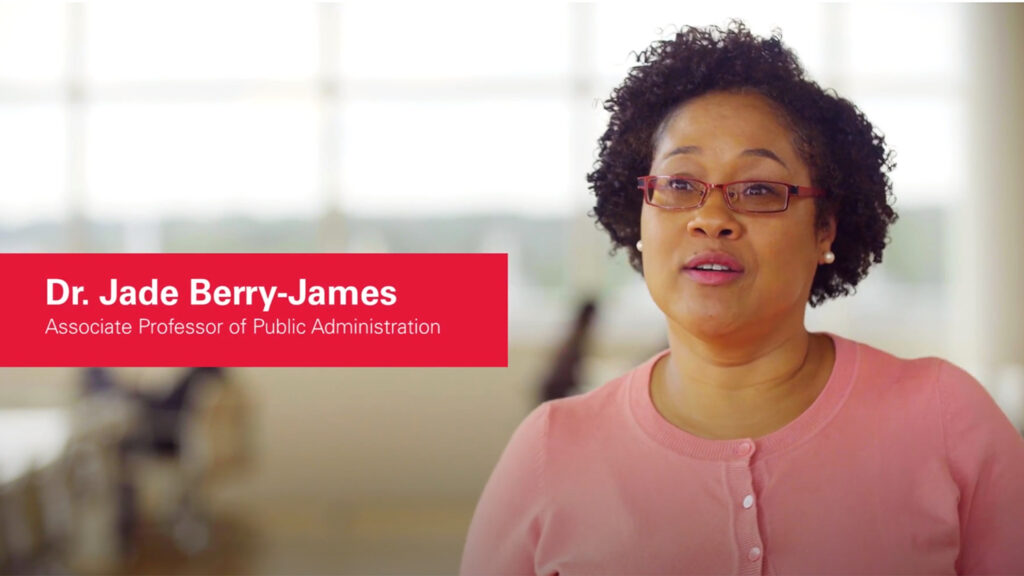
Dr. Berry-James, an associate professor of Public Administration in the School of Public and International Affairs (SPIA), earned her Ph.D. in public administration from Rutgers University. Throughout her career, Berry-James has held significant administrative roles and has made substantial scholarly contributions to public administration. Having chaired the Network of Schools of Public Policy, Affairs, and Administration (NASPAA) Commission on Peer Review and Accreditation as well as conducted public policy evaluation research to determine the impacts of government policy, she has demonstrated genuine concern for social equity in public administration. As a newly elected Fellow of the congressionally chartered National Academy of Public Administration (NAPA), Berry-James works to create usable knowledge by empirically examining the effects of public policies and programs and by pursuing social equity to eliminate disparities and discrimination. Since joining SPIA, Berry-James has received the following recognitions for her work in public administration: Carolyn L. Lattimore Education Award in 2020, NC State Outstanding Engagement Award in 2019, Rutgers University, Newark Alumni Spotlight in 2018, NASPAA Social Justice Curriculum Award in 2017, American Society for Public Administration Presidential Merit Citation (2017), Conference of Minority Public Administrators (COMPA) National Public Service Award in 2016, NC State Chancellor’s Creating Community Award for Outstanding Faculty in 2013, NASPAA Diversity Award in 2013, and COMPA Sylvester Murray Distinguished Mentor Award in 2011.
National Endowment for the Humanities, Digital Humanities Advancement Grant
David Ambaras
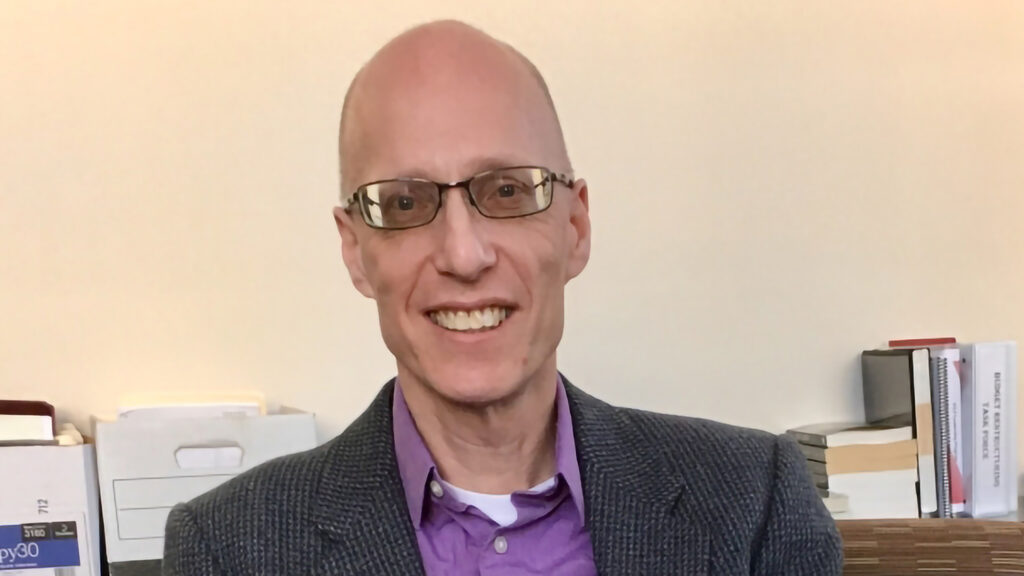
Dr. Ambaras, a professor in the Department of History, earned his Ph.D. in history from Princeton University. His expertise is in modern Japanese, East Asian and global history. Ambaras is the recipient of the 2019-2020 National Endowment for the Humanities (NEH), Digital Humanities Advancement Grant. With his co-director Dr. Kate McDonald (associate professor of History at UC, Santa Barbara) and their collaborators, they built “Bodies and Structures: Deep-mapping Modern East Asian History”, a digital humanities project that uses the open-source SCALAR platform to produce multi-vocal spatial histories of East and Southeast Asia. The NEH grant allowed them to expand the site’s contents and develop new analytical tools for SCALAR. In addition to the NEH grant, Ambaras was a National Humanities Center Fellow in 2014-15. He was also awarded an American Council of Learned Societies Fellowship (declined, 2014-15) and received an NEH Fellowship in 2003.
National Endowment for the Humanities, Public Scholar Grant
Marsha Gordon
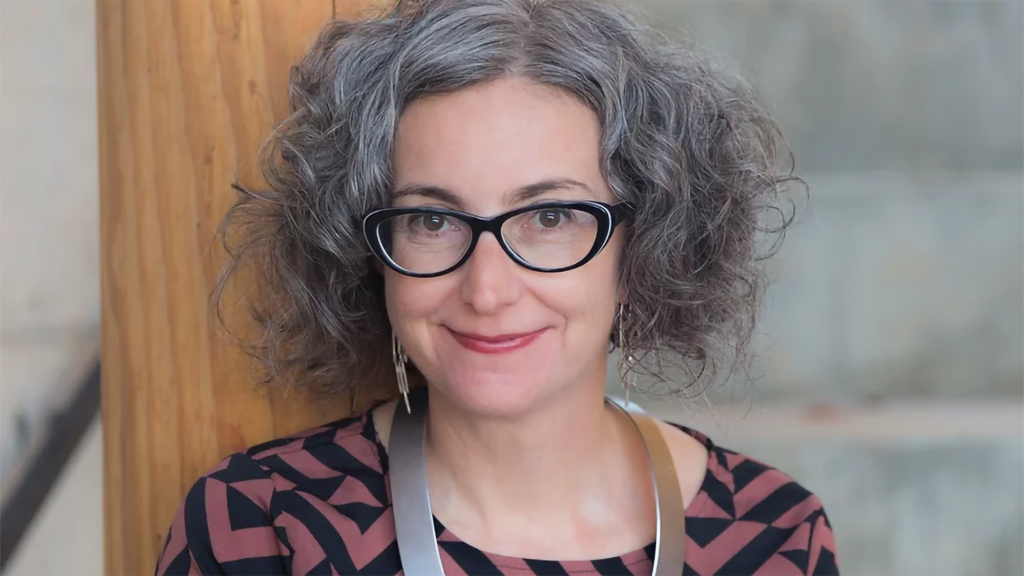
Dr. Gordon, a professor in the Department of English, earned her Ph.D. in English/film studies from the University of Maryland. With the support of a National Humanities Center Fellowship in 2019-2020 and an National Endowment for the Humanities Public Scholar Fellowship in 2020-2021, Gordon is writing a new book, Leftover Ladies: Ursula Parrott and the Reinvention of the Modern Woman. Gordon’s research focuses on film studies, American studies, American literature and women’s studies. Dr. Gordon was also the recipient of the NC State Libraries Faculty Award in 2016, and attended the White House ceremony for the National Award for Museum and Library Service with NC State Vice Provost and Director of Libraries Susan Nutter that same year. In 2016, Gordon was inducted into NC State’s Academy of Outstanding Faculty Engaged in Extension and Engagement.
National Science Foundation Faculty Early Career Development Award
Milad Abolhasani
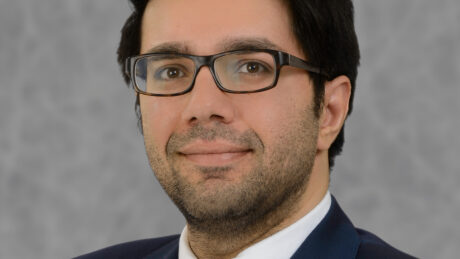
Dr. Abolhasani, assistant professor in the Department of Chemical and Biomolecular Engineering, earned his Ph.D. in mechanical engineering from the University of Toronto. Abolhasani’s research group is primarily focused on studies of autonomous flow chemistry strategies to accelerate materials development for next generation energy and chemical technologies. Abolhasani is the recipient of a National Science Foundation Faculty Early Career Development Award, which will support his lab’s efforts to change the paradigm of materials development and manufacturing by converging reaction engineering, materials synthesis, and AI-based decision making strategies. His research group’s intelligent robotic platform will provide the capability for autonomous learning and on-demand manufacturing of energy-relevant materials with desired properties. Abolhasani has received numerous awards and fellowships including American Chemical Society (ACS)-PRF Doctoral New Investigator Award, The American Institute of Chemical Engineers Futures recognition, a Natural Sciences and Engineering Research Council Postdoctoral Fellowship, and Emerging Investigator recognitions from the journals Lab on a Chip, Reaction Chemistry & Engineering, and Flow Chemistry.
Wei-chen Chang
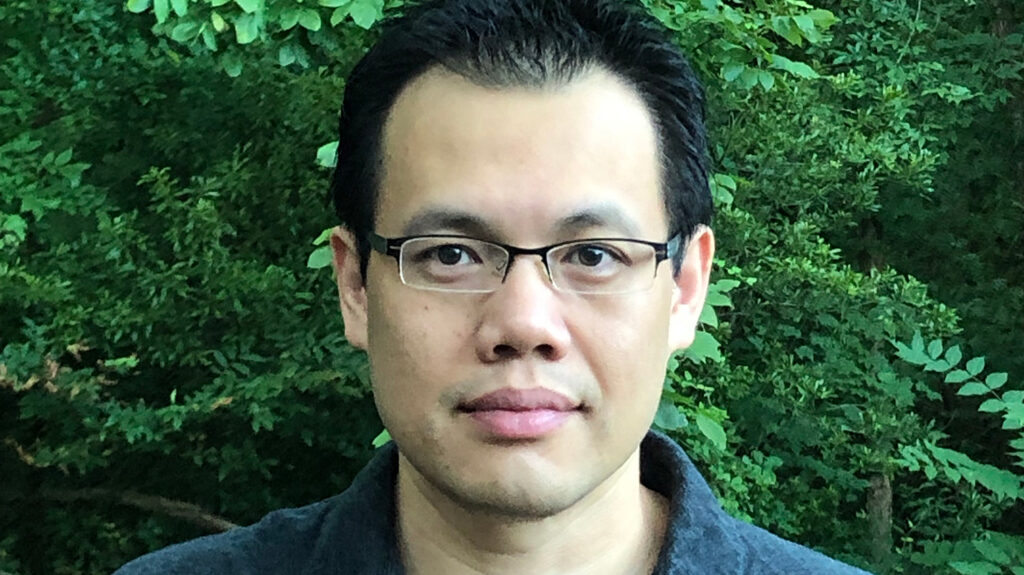
Dr. Chang, assistant professor in the Department of Chemistry, earned his Ph.D. in medicinal chemistry from the University of Texas at Austin. Chang’s work focuses on enzymes; enzymes are biological catalysts that increase the speed of chemical reactions in the cell. His work on the mechanistic investigation of metalloenzyme catalysis opens up exciting new possibilities for repurposing metalloenzyme reactivities. His project aims to develop generalizable and sustainable approaches in producing important small molecules, which could have significant industrial rewards. Chang has received a National Science Foundation (NSF) Faculty Early Career Development Award in recognition of this promising research. The NSF will support his lab’s goal to repurpose specific iron-containing enzymes to speed-up chemical reactions that these proteins do not typically perform. This will, ultimately, provide opportunities to better understand the fundamental principles of how to control reactivities and “bio-synthesize” important compounds. To date, Chang’s publications have garnered over 1400 citations. He also serves as the primary investigator on a National Institute of Health RO1 grant. To date, Chang has successfully raised over $3 million in extramural funding. He is also the recipient of the Young Academic Investigators Symposium of American Chemical Society.
Jun Liu
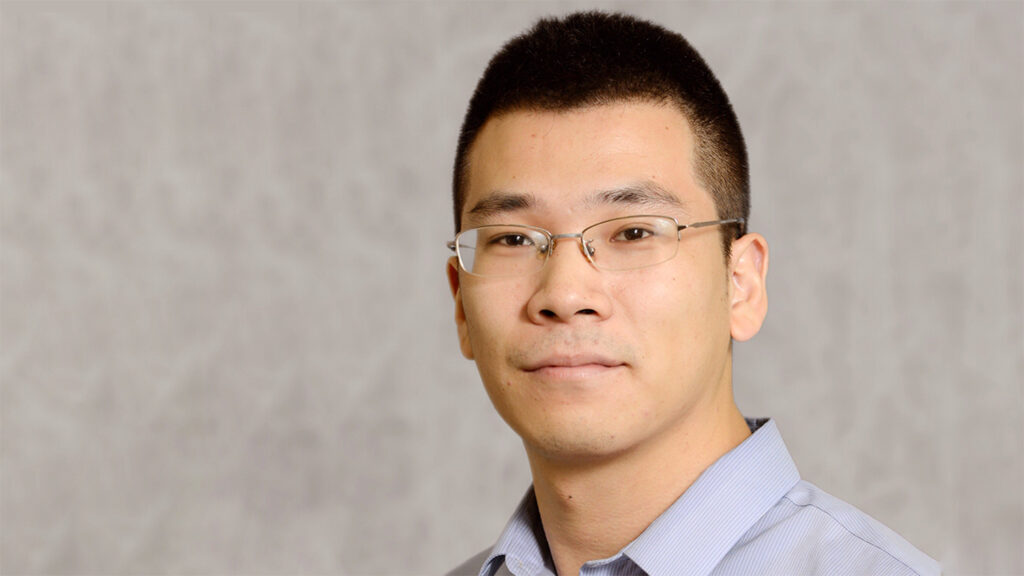
Dr. Liu, assistant professor in the Department of Mechanical and Aerospace Engineering, earned his Ph.D. in mechanical engineering from University of Colorado at Boulder. Prior to joining NC State, he was a postdoctoral research associate in the Department of Materials Science and Engineering at the University of Illinois at Urbana-Champaign. Liu’s research in heat transfer, materials and nanotechnology has led to his National Science Foundation Faculty Early Career Development Award. Liu’s project seeks to enable novel thermal control functionalities in disordered, layered materials to be applied in sustainable energy infrastructure. Through his integration of research, education and outreach, he hopes to raise public awareness of existing challenges in sustainable energy and to motivate students to pursue appropriate education pathways to STEM occupations. Liu has received the Outstanding Dissertation Award from the University of Colorado at Boulder, the sole recipient from 70+ Ph.D. graduates for 2013-2014.
Chris Martens
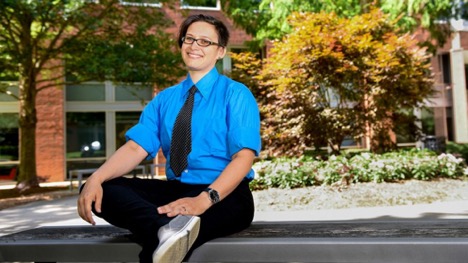
Dr. Martens, assistant professor in the Department of Computer Science, earned their Ph.D. in computer science at Carnegie Mellon University. Martens specializes in artificial intelligence and programming languages. The recipient of a 2020 National Science Foundation Faculty Early Career Development Award (NSF CAREER), NSF will provide $500,000 in funding over five years to support Martens’ project, “Explorable Formal Models of Privacy Policies and Regulations.” The goal of the project is to enable automated reasoning over privacy policies and regulations that can better assist users, policy developers and regulators in understanding consequences of data practices and policies. During their Ph.D., Martens was supported by an NSF Graduate Research Fellowship. Martens and collaborators recently won a best paper award at the International Conference on Interactive Digital Storytelling. Martens acknowledges their Computer Science Department colleagues, especially Dr. Will Enck, Dr. Emerson Murphy-Hill, and Dr. Kathryn Stolee, for their mentorship throughout the NSF CAREER proposal-writing process.
Kelly Lynn Mulvey
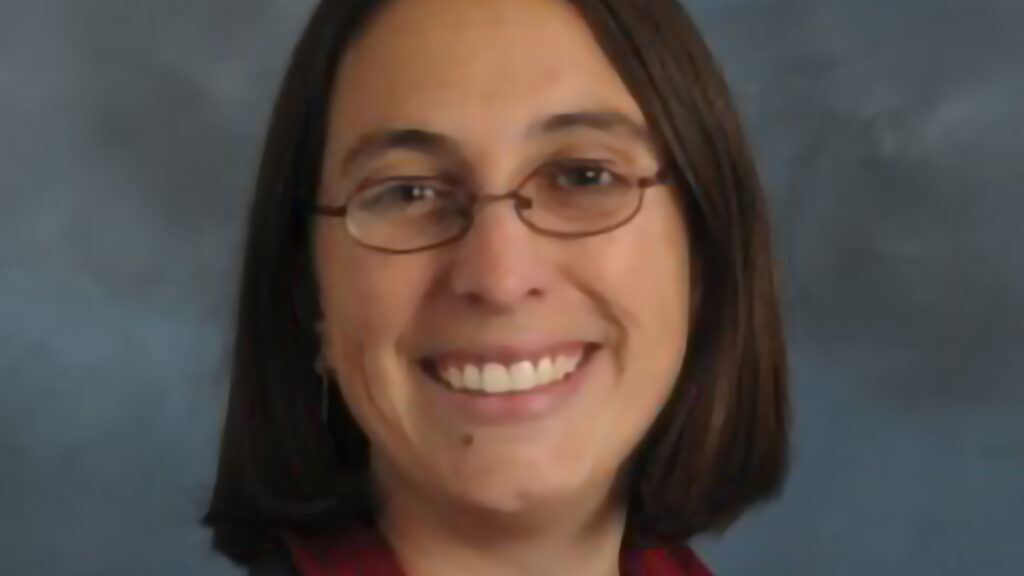
Dr. Mulvey, associate professor in the Department of Psychology, earned her Ph.D. in human development and quantitative methodology from the University of Maryland. Mulvey is the recipient of a 2020 National Science Foundation Faculty Early Career Development Award. This grant will fund research that explores how to create STEM classrooms where students from all backgrounds feel included and where students feel empowered to intervene if they observe instances of stereotyping, bias and prejudice. This project involves surveys and interviews of adolescents and testing a new form of intervention. The findings from this research will document factors related to resilience in STEM fields. Mulvey’s work focuses on intergroup contexts, and examines the influence of children’s and adolescents’ bias, prejudice and stereotypes, with the larger goal of broadening the participation of underrepresented groups in the STEM fields and better understanding stereotypes regarding who can be a scientist. Her work has been funded by the National Science Foundation, the National Institute of Justice and the American Psychological Foundation. Mulvey received the Rising Star Award from the Association for Psychological Science in 2015 and the American Psychological Association Early Career Achievement Award in 2014. Additionally, she was awarded the TRIO Programs Champion Award in 2020. She has served on the executive council for Division 7 of the American Psychological Association. In addition, she is a National Board of Professional Teaching Standards Certified public high school teacher in North Carolina.
Qingshan Wei
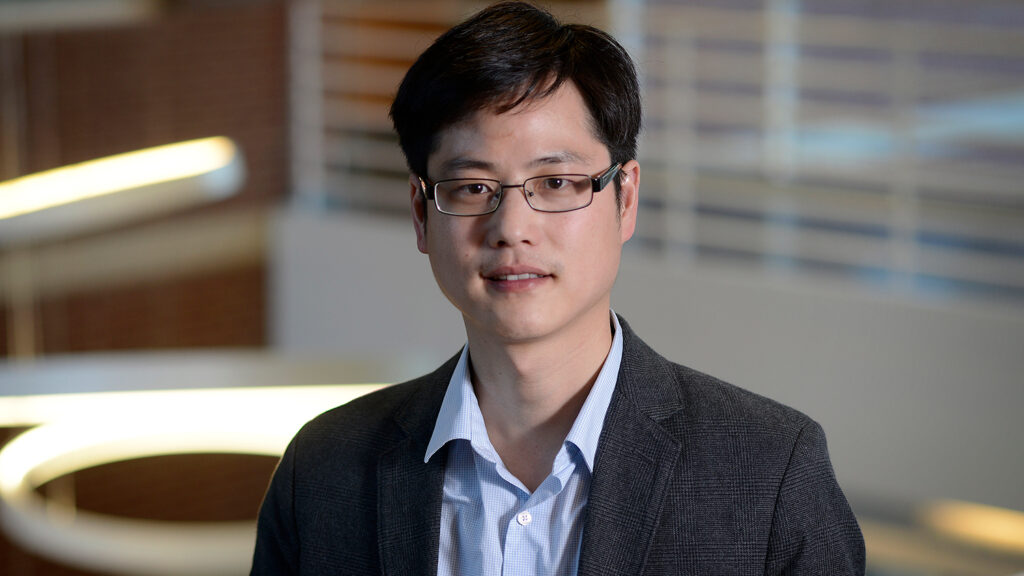
Dr. Wei, assistant professor in the Department of Chemical and Biomolecular Engineering, earned his Ph.D. in chemistry from Purdue University. Dr. Wei specializes in point-of-care (POC) diagnostics and smartphone sensors, in particular POC diagnostic sensors for human and plant diseases. His research interests range from molecular assays, biosensors, smartphone diagnostics, lab-on-a-chip devices, to nanomaterials. The recipient of a 2020 National Science Foundation Faculty Early Career Development Award, his project aims to combine CRISPR technology with smartphone devices to develop a new POC for the measurement of an HIV viral load. The results of his research could have a significant impact on the quality and outcome of long-acting HIV treatment. Wei is also the recipient of the 2018 Young Innovators Award in Nanobiotechnology awarded by the Journal of Nano Research.
Presidential Early Career Award for Scientists and Engineers
Lorena Bociu
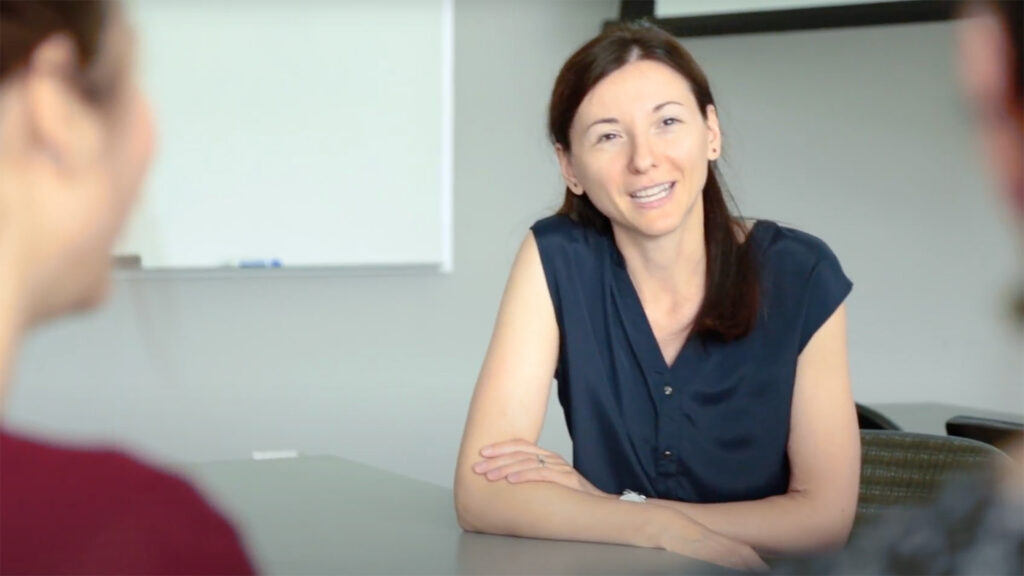
Dr. Bociu, an associate professor in the Department of Mathematics, earned her Ph.D. in mathematics from the University of Virginia. Bociu is the recipient of the highly-prestigious Presidential Early Career Award for Scientists and Engineers (PECASE). The PECASE is the highest honor bestowed by the U.S. government on outstanding scientists and engineers beginning their independent careers. Bociu’s research focuses on the analysis and control of fluid-structure interactions and fluid-solid mixtures, with applications in biology and medicine. For example, she analyzes the biomechanics of the lamina cribrosa, a thin structure at the base of the optic nerve head in the eye, in order to better understand the cause and progression of glaucoma and to find new ways to prevent or treat the disease. Her findings have implications for other biological fluid-solid mixtures, such as cartilage, bones and engineered tissues. Bociu is the recipient of a National Science Foundation Faculty Early Career Development Award, NC State’s Equity for Women Award in 2016 and is a NC State Faculty Scholar.
Hsiao-Ying Shadow Huang
